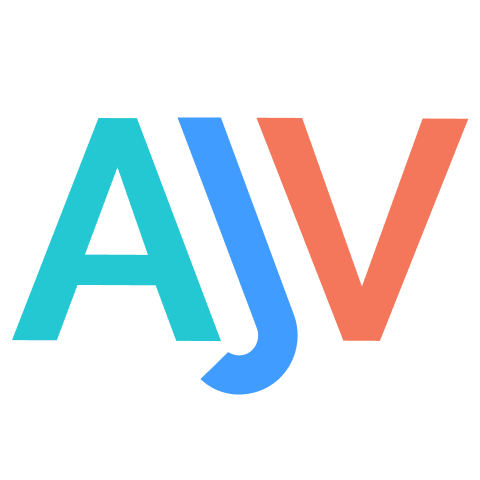Data contracts in (real-time) action (with NodeJS)
Data contract is a part of data integration. It describes “contract” or agreement that we need to communicate between sources and destinations in order to make a trusted and reliable pipeline by having:
- Responsible persons (who)
- Data subjects (send what)
- Methods and channels (on which way)
- Frequency (when)
- Data schemas (how it looks like)
So I would like to demo some basic data contract extraction here.
Data contract as an API
Let’s review a simple flow of how can we integrate data contracts in an ETL. The flow is like this.

Yes, we will highlight "validation" as it's a must that we will talk very soon.
Before we go next
This blog here is showing real-time integration using NodeJS as an API. Validate the request payload with AJV library.
For Python, please visit this link below.

API swagger
API swagger represents how can people call our APIs, like a library of APIs. Basically it can be created using just a configuration file such as YAML or JSON, here we are using YAML.
Also we're using VSCode as an editor.
1. VSCode plugin: OpenAPI Editor
To make life easier, this plugin in VSCode helps writing API definition and reviewing our swagger with few steps.
2. Generate a basic YAML file
In VSCode, when the OpenAPI plugin is enabled, open the palette and select “create”.

After selection, we should see a new draft OpenAPI YAML file like this.

We can click at a preview icon and see swagger like this.

3. Create new path
Then I would love to have a new path, like people.

Check in the preview, it looks good.
So I will save this file and name people.yml.
I will write a blog of this OpenAPI configuration file in details later.
Making an app with validation
To validate an incoming request, for instance someone wants to POST some information into that API, we need to "validate" in the extract layer.
Validation means we are checking if the request payload is acceptable by schema compatibilty. This field must be string and that field must be integer, kind of.
We are using AJV to perform validation right here.

1. Create a javascript app
Initiate index.js as follows
And build package.json.
After npm install, we now have an app listening port 4001 and will have a new endpoint /people.

2. Read the contract
We have people.yml from the previous step, so read it out with js-yaml library.
3. Setup AJV
We listed the contract people.yml then we register it as follows.
strict: falseto disable restrictions or throwing errors from some keywords or undefined formats.addFormat()to include formats defined by JSON Schema specification.AJV.addSchema(contract, key)to add our contract with a key.
4. Validate a request payload
To validate incoming request payload, we have to do so inside the respective path. For this example, we are receiving data through path /people then we add validation inside it.
AJV.compile()to setup a function for a specific contract.$ref: ...to specify structure of the contract in order to validate. In this case we are looking at the contract keypeopleand refer inside with#followed by the real definition which is/components/schemas/people.validator()is a new function we created fromAJV.compile()and use it to validate the payload.- if
validator()return "true", it means the payload is correct by the contract. - if
validator()return "false", it means the payload has some fields violating the contract. We can see what happened with the property.errors.
5. Complete API with validation
Assemble them all into this.
6. Test
Now it's time for testing and we can curl like this.
or use a preferred http tool.
a. The payload is fine.

b. The payload has incorrect field type.

c. The payload misses some required fields.

Manage multiple contracts
How to handle several contracts?
Let's say we have 2 endpoints, people and now pets also 2 contract files. We would have some improvement to optimize the validation on multiple contracts.
people contract is as above and here is pets contract.
This is an idea.
- List the contract files in YAML and
AJV.addSchema()one by one. The contract keys are the same as filenames. - Write a generic function, receiving contract key (
contract_key), request payload (body), and response object (res). - Inside that generic function, it works as previous: compile, validate, and check result.
- In each endpoints;
/peopleand/pets, call the generic function by supplypeopleandpetsas contract key respectively.
Here is the complete code.
Test some cases for pets for error expected.

Code repo
This is my repo for the example of this blog.
References
- A guide to data contracts https://www.striim.com/blog/a-guide-to-data-contracts/
- OpenAPI (Swagger) Editor https://marketplace.visualstudio.com/items?itemName=42Crunch.vscode-openapi
- OpenAPI initiative https://www.openapis.org
- AJV main page https://ajv.js.org
- AJV format https://ajv.js.org/packages/ajv-formats.html
- AJV strict mode https://ajv.js.org/strict-mode.html#prohibit-ignored-keywords



